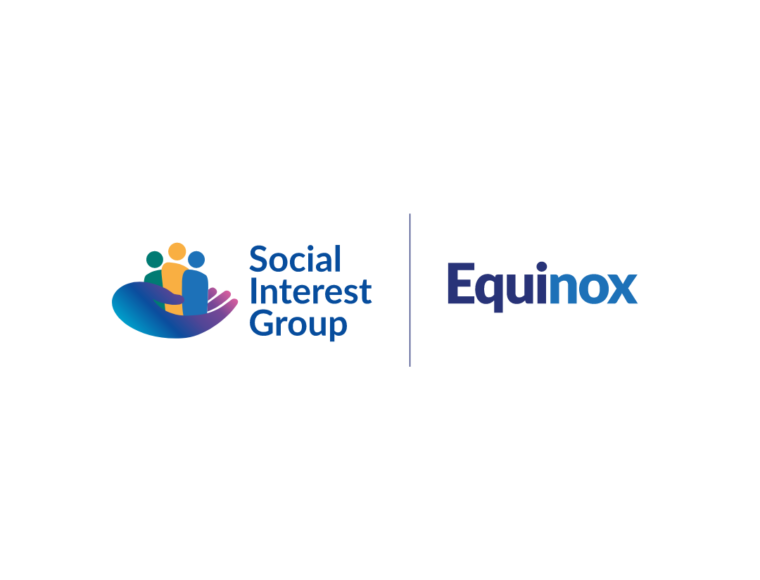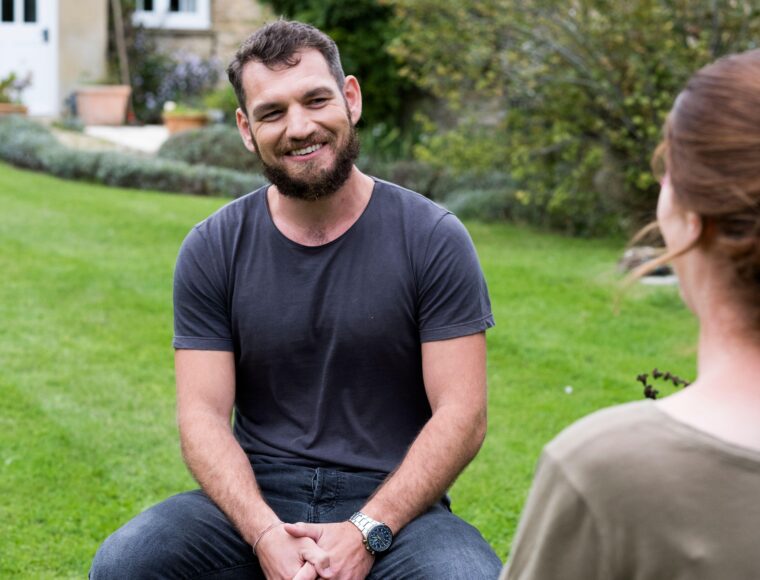
Aspinden Care Home
Specialised residential service supporting people living with the effects of long-term alcohol use
Read more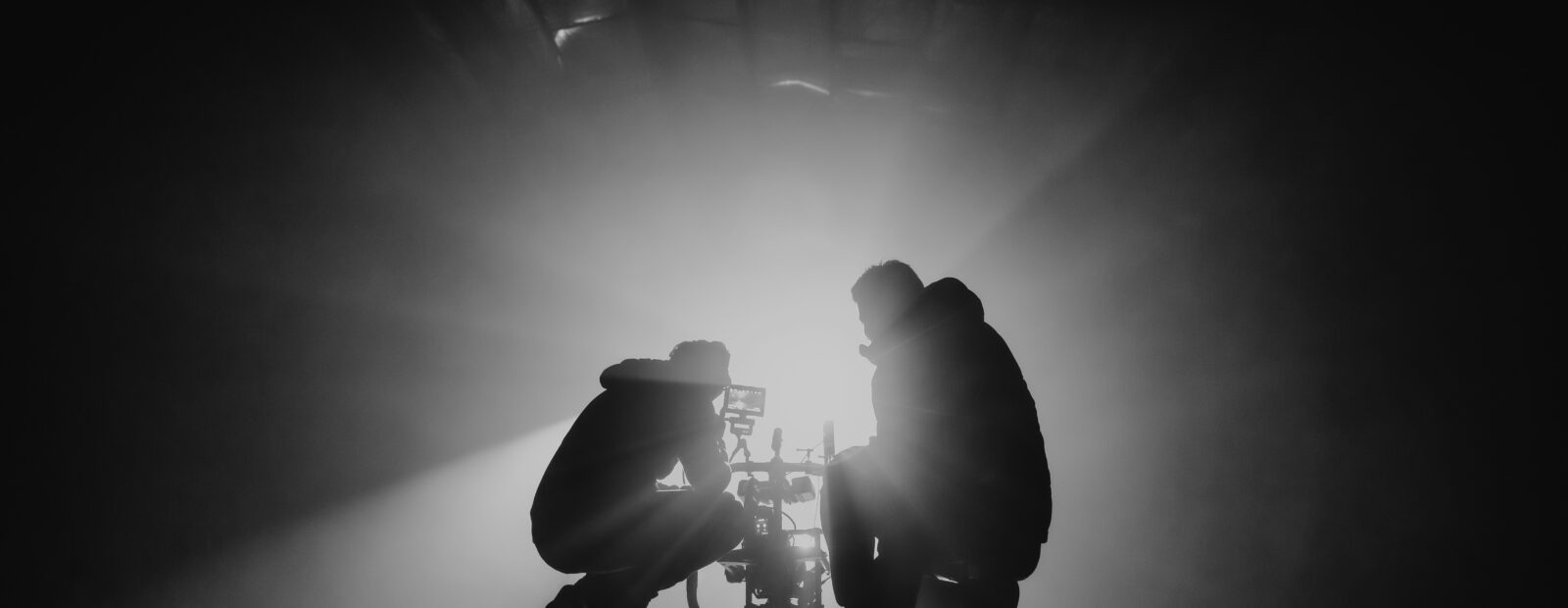
I AM MORE THAN is a project that grew from a conversation that Janie Pamment, the Service Manager at the SIG EQUINOX Brighton Women’s Service (BWS), had with a woman experiencing homelessness. At the time, she was a drug and alcohol outreach worker for Equinox, a homelessness charity that supports women experiencing homelessness.
“One evening, I was sitting with a young woman experiencing homelessness, watching a team put up a large tent to be used as a performance venue by St Peter’s church. She asked me what was going on, and I told her about the Brighton Fringe Festival and what it was. She told me it wasn’t for people like her, and that’s when I was really struck by how marginalised people experiencing homelessness are and how disconnected from their own community they are. From this came the idea to support women to create art that connected them back to their community.”
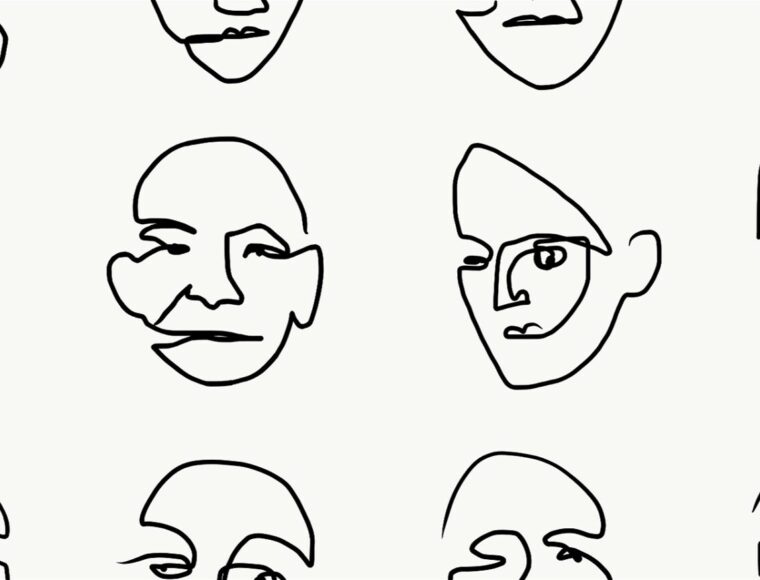
I AM MORE THAN supports women in Brighton who are experiencing homelessness to use their creative voices to tell their communities who they are and that they are not defined by homelessness or any of the many issues that run alongside it. It aims to help women to challenge their negative belief systems about themselves and help them regain self-worth and confidence.
I AM MORE THAN is also about challenging the stigma attached to women experiencing homelessness and inviting the community to re-evaluate what they know and think. The hope is that we can close gaps and bring the women back into their community where they can be valued and supported.
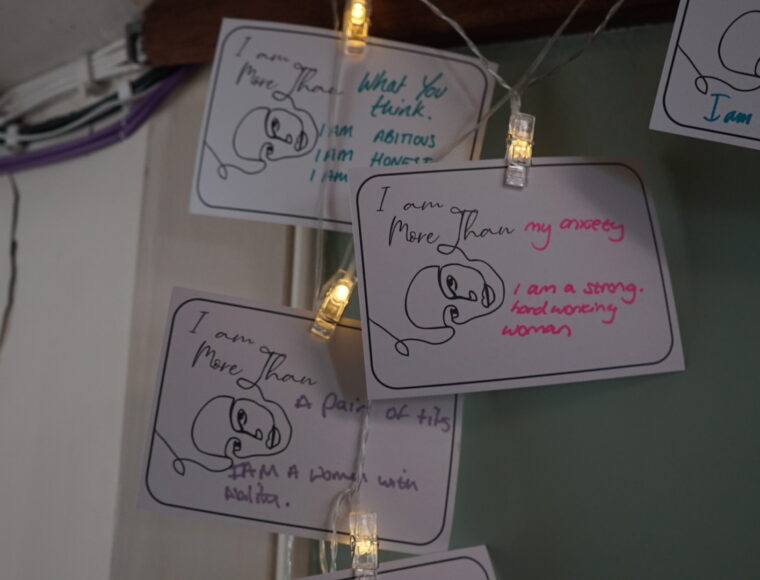
Brighton Fringe works closely with local and national organisations to offer bursaries and opportunities to participants to bring their work to life at Brighton Fringe.
This year, BWS is working with Brighton University on this project. Last year, the team worked alongside Bloom Café, Brighton, a project of Safehaven (St Peters), and Brighton Probation, to participate in the festival.
The 2023 edition of the Brighton Fringe Festival also saw I AM MORE THAN win a bursary prize. This bursary aimed to support an artistic project that engaged with marginalised and vulnerable communities, as well as being an event centred around African & Asian Art Forms, Urban Art Forms, Spoken Word, Physical Theatre or Visual Art.
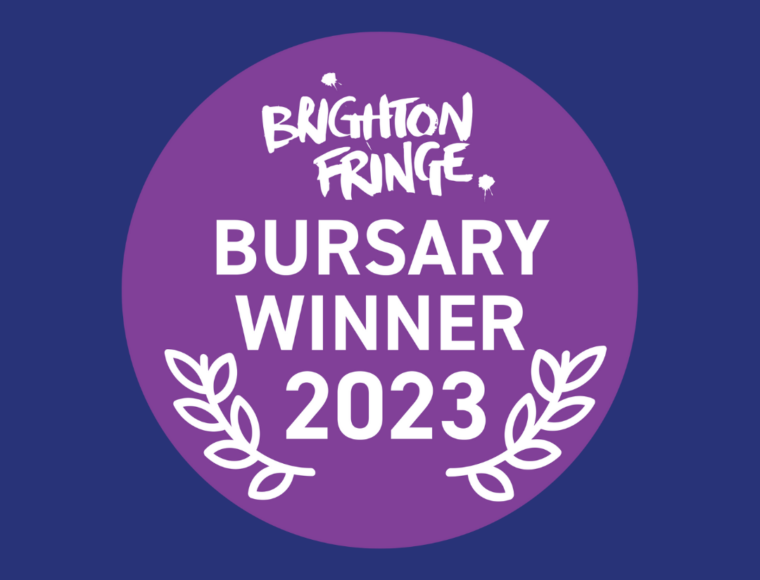
BWS is a female-only residential project providing low, medium and high support for women who have experienced homelessness, subtance use, criminal justice history, mental health and domestic abuse.
